Welcome to your private pilot’s certificate. Many people say they’d like to learn to fly, but aren’t prepared for the sacrifice and diligence completing the course of study requires. Earning your private pilot certificate takes a lot of hard work, dedication, and time, so it’s a tremendous accomplishment.
If you’ve passed your check ride as well as your written exam, it’s easy to think you’re at the end of the journey. But the reality is that you’re at the beginning. Becoming a pilot involves a great deal of work, but becoming a safe, reliable, and professional one is an ongoing process. Here are four tips to keep in mind.
Always Continue Learning
Some assume the best way to continue learning as a pilot is to move on to other aircraft types, continue to commercial pilot studies, or even become a CFI or CFII. That’s the path of many pilots, and it’s a terrific and structured way to acquire further knowledge. However, some pilots mistakenly think the end of formal mentoring and classroom work is the end of their educational journey. The truth is that the best pilots always continue learning, no matter how long they may have been flying.
If you are a brand-new pilot, consider finding a more experienced one to look up to as your mentor. A mentor is a pilot who will guide you not only professionally but is someone you can go to with situational questions and advice about conducting yourself as an airman. Your mentor should be a responsible pilot who not only has many hours as pilot in command, but who has flown several different kinds of aircraft in many diverse conditions, acts professionally at all times, and knows that safety is paramount.
In order to keep all of your skills sharp and continually add new ones, consider workshops, seminars, and joining programs such as the Civil Air Patrol. These are excellent ways to have a long and interesting career or hobby. However, organized education isn’t the only way to continue learning as a pilot. Reading about and talking to other pilots who operate different aircraft in different parts of the world are excellent ways to keep your flying awareness from remaining static. Keeping track of aviation news is also essential to understanding trends and best practices in the industry; it helps you to find your place within it.
Consider the Perspective of Others
Another aspect of learning is to think about different perspectives on aviation. Even if you are alone in the cockpit, you are still part of a large community which depends upon you to conduct yourself safely and professionally. This means treating others around you with respect at all times. Whether you are interacting with the crew who is refueling your plane, another pilot with whom you are having a disagreement, or those who are cleaning the pilot’s lounge in your local FBO, your conduct should show that you are a courteous and reliable person. Whether you like it or not, you represent the aviation community when you interrelate with others.
It’s also important to consider the professional perspectives of others who have different roles in the aviation world. For example, some pilots tend to think of air traffic controllers as just a voice telling them when they may take off or which altitude to maintain. However, consider how much richer your experience would be if you had a strong understanding of the stresses and demands of the controller’s job. Finding a controller to talk to or even fly with, for example, would be a mine of information exchange for both of you.
Safety Is Forever First
No matter how many times you step into a cockpit, you should conduct your walk around and preflight as though it is your checkride. Lives depend on you—not only your own and those of your passengers but also of those working at the airport and people in the areas over which you are flying. Cutting corners to save time or money might be tempting as you become more experienced, but the best pilots understand that the forces of gravity, terrain, and physics apply to everyone.
Becoming complacent is one of the deadliest habits any pilot can acquire. No matter how many times you’ve flown a particular approach, you should lend each part of every checklist, decision, and procedure your full attention. Having the courage and humility to break accident chains and show prudent caution in the face of dangerous conditions is never a sign of weakness, but rather an indicator that you are a thoughtful and conscientious pilot who understands the weight of responsibility.
A good pilot is well-prepared and confident, but never arrogant. He or she is honest and has an authentic understanding of his or her skills and experience. One way to maintain these vital qualities is to not only work with more experienced pilots but to also study accidents as well as near-misses. The mistakes of another might help save your life one day.
Share Your Love of Aviation
Who helped you in your journey to becoming a pilot, and how did that assistance arrive? Always keep this in mind no matter how far you may progress in your career or hobby goals. The aviation community is a tightly knit one, and it’s usually not difficult to find needs to address. Give back, network, and assist other student pilots to keep the community thriving and active.
Although a pilot shortage has arisen, general aviation is still struggling to recover its glory days. Sharing news stories or photos on social media which are understandable to everyone can help the industry. Encouraging those who have a fear of flying can assist that person immensely—even just calming a fellow passenger during routine turbulence helps. Or, a single flight in a smaller aircraft for a person who has only known airline flying might result in a brand new pilot or aviation supporter. However you decide to share you love of aviation, be consistent.
Ready to soar in your aviation career?
Mr. Matthew A. Johnston has over 23 years of experience serving various roles in education and is currently serving as the President of California Aeronautical University. He maintains memberships and is a supporting participant with several aviation promoting and advocacy associations including University Aviation Association (UAA), Regional Airline Association (RAA), AOPA, NBAA, and EAA with the Young Eagles program. He is proud of his collaboration with airlines, aviation businesses and individual aviation professionals who are working with him to develop California Aeronautical University as a leader in educating aviation professionals.
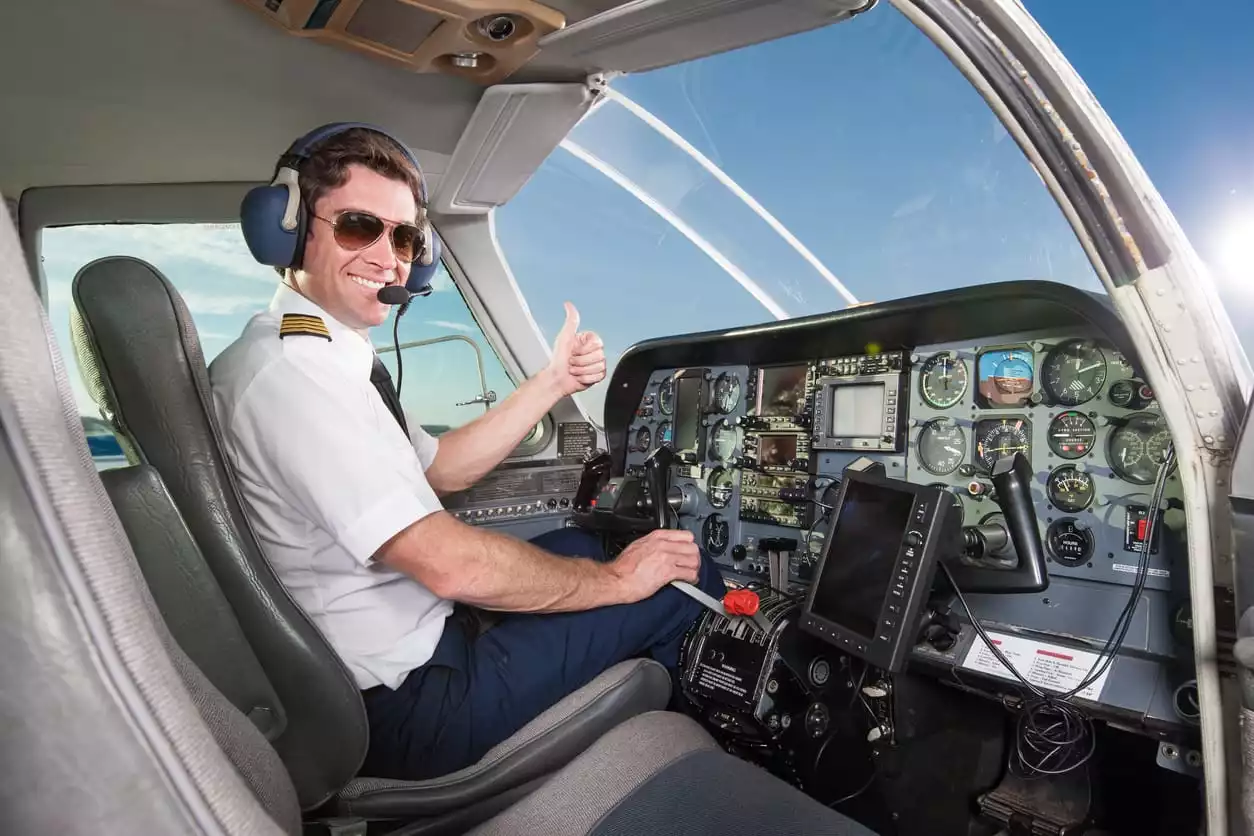

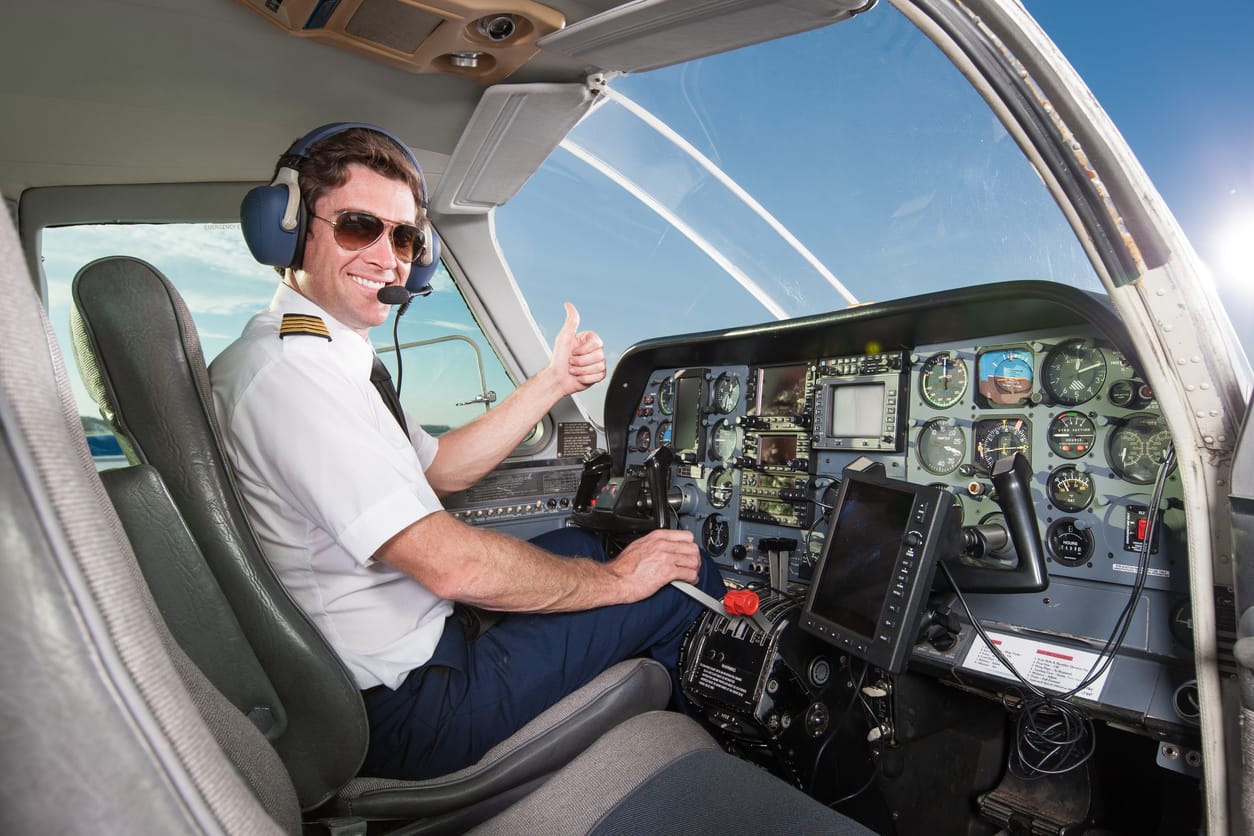

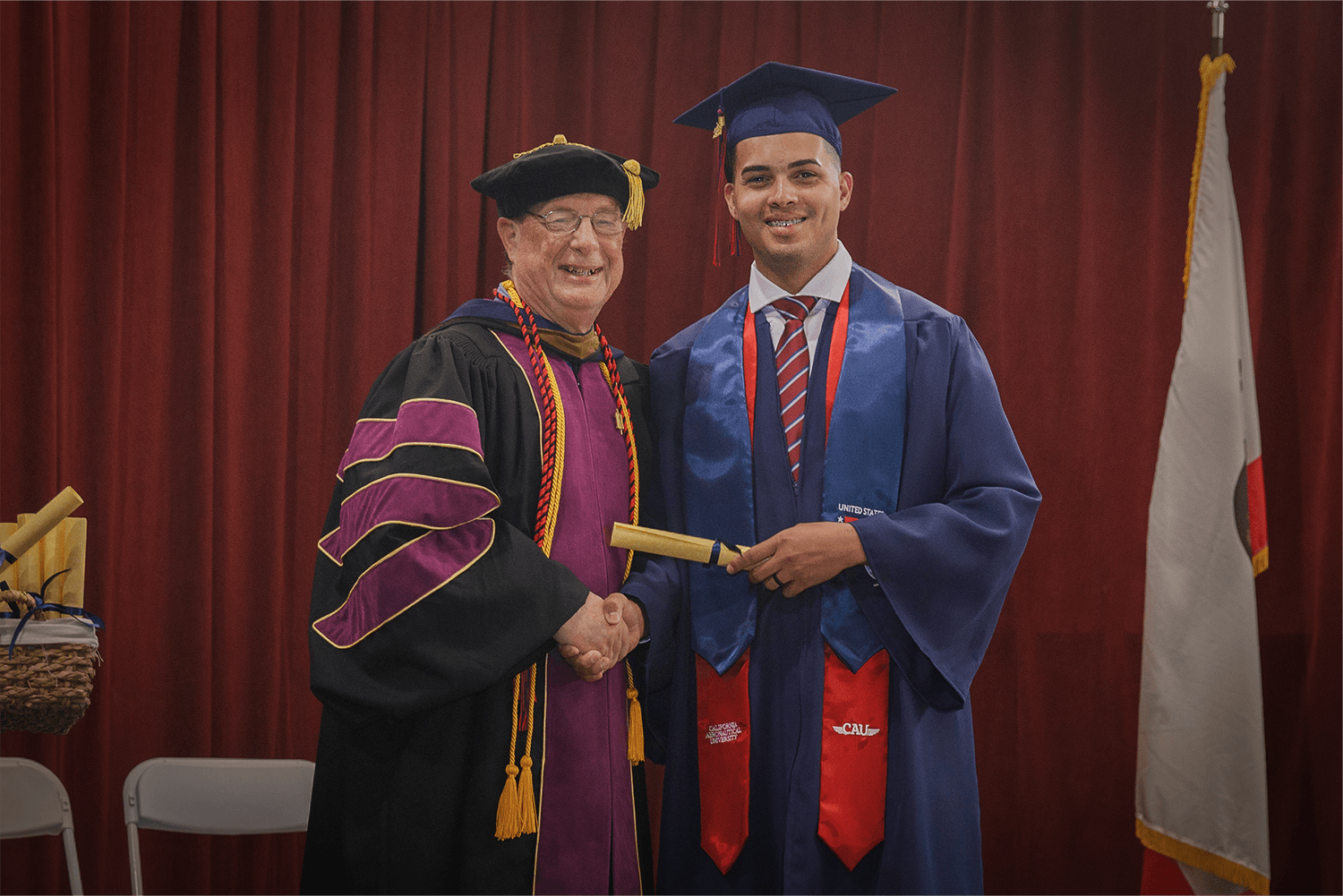
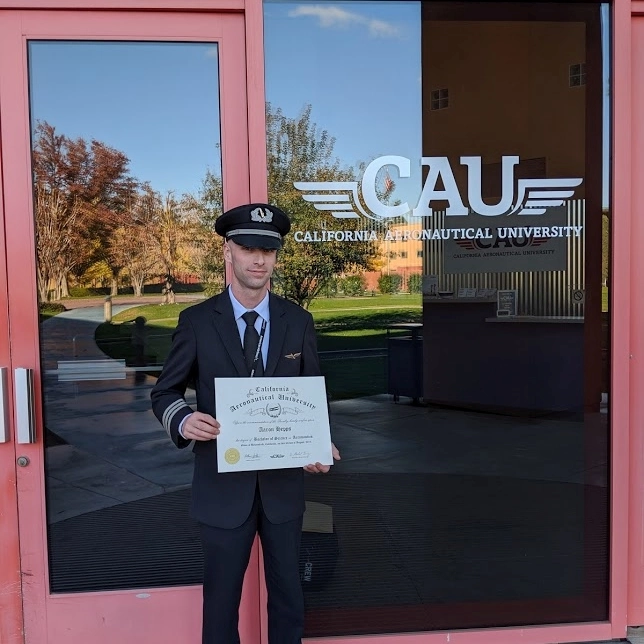

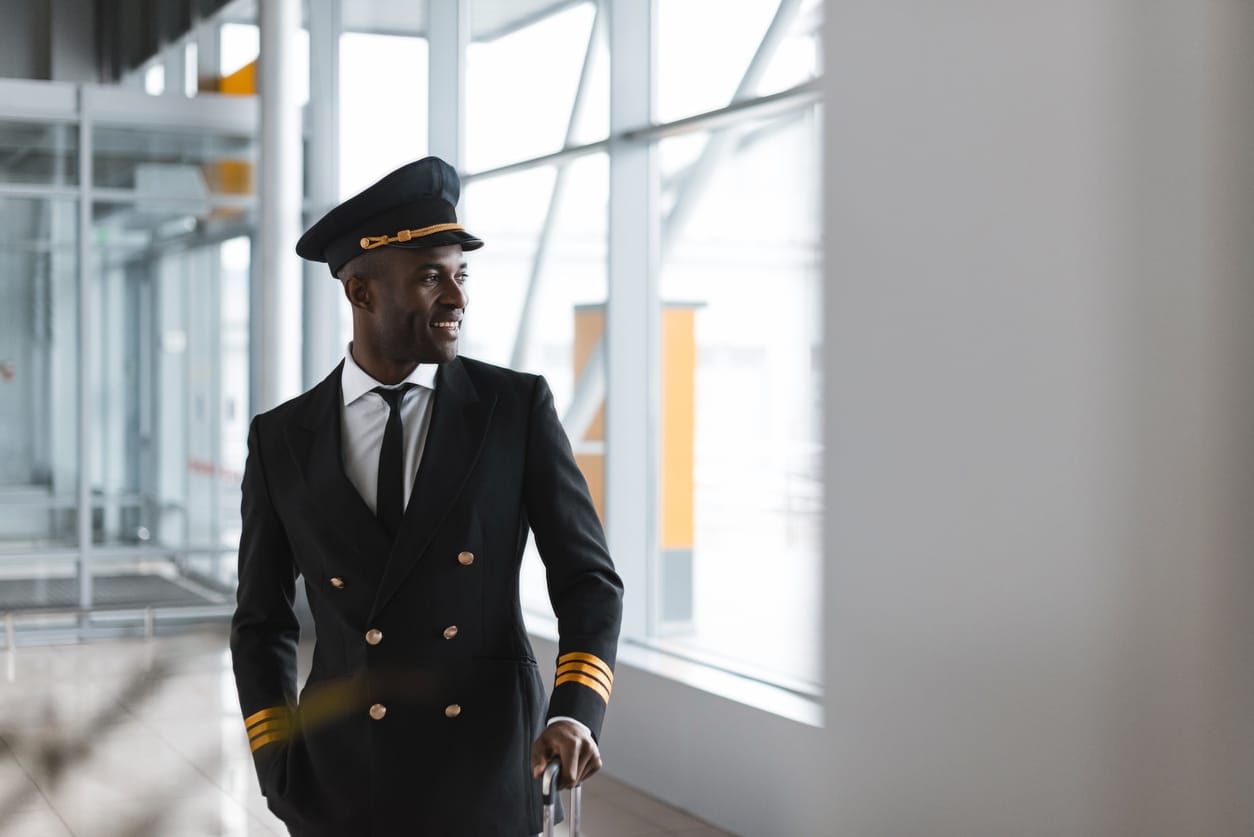
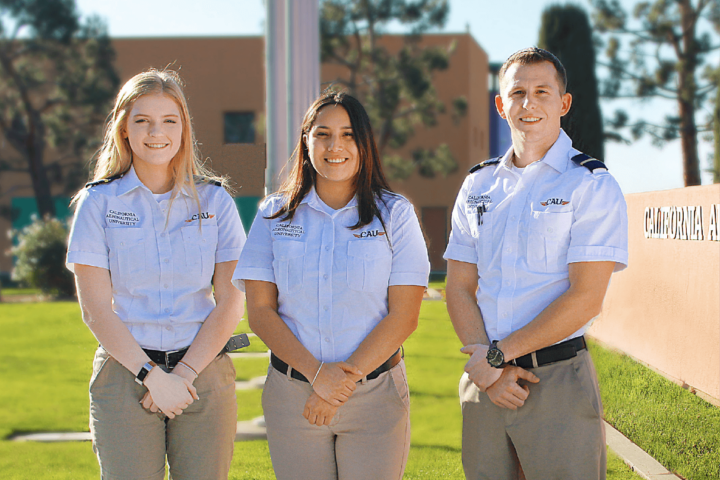
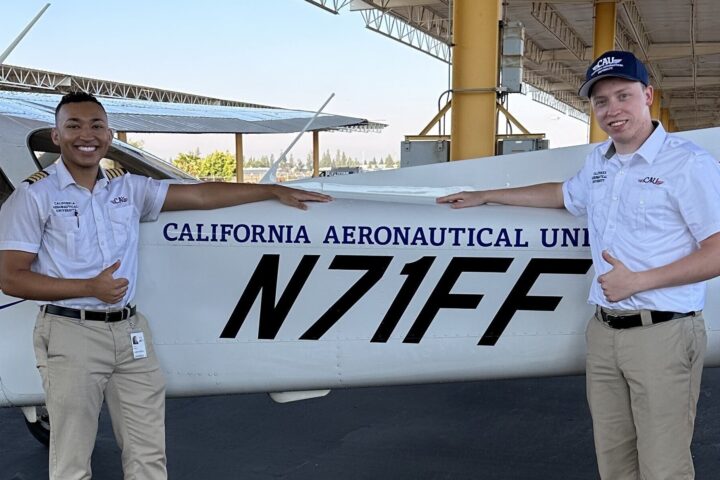
great !!
useful article
Thank you for your comment! We are glad you enjoyed the article!